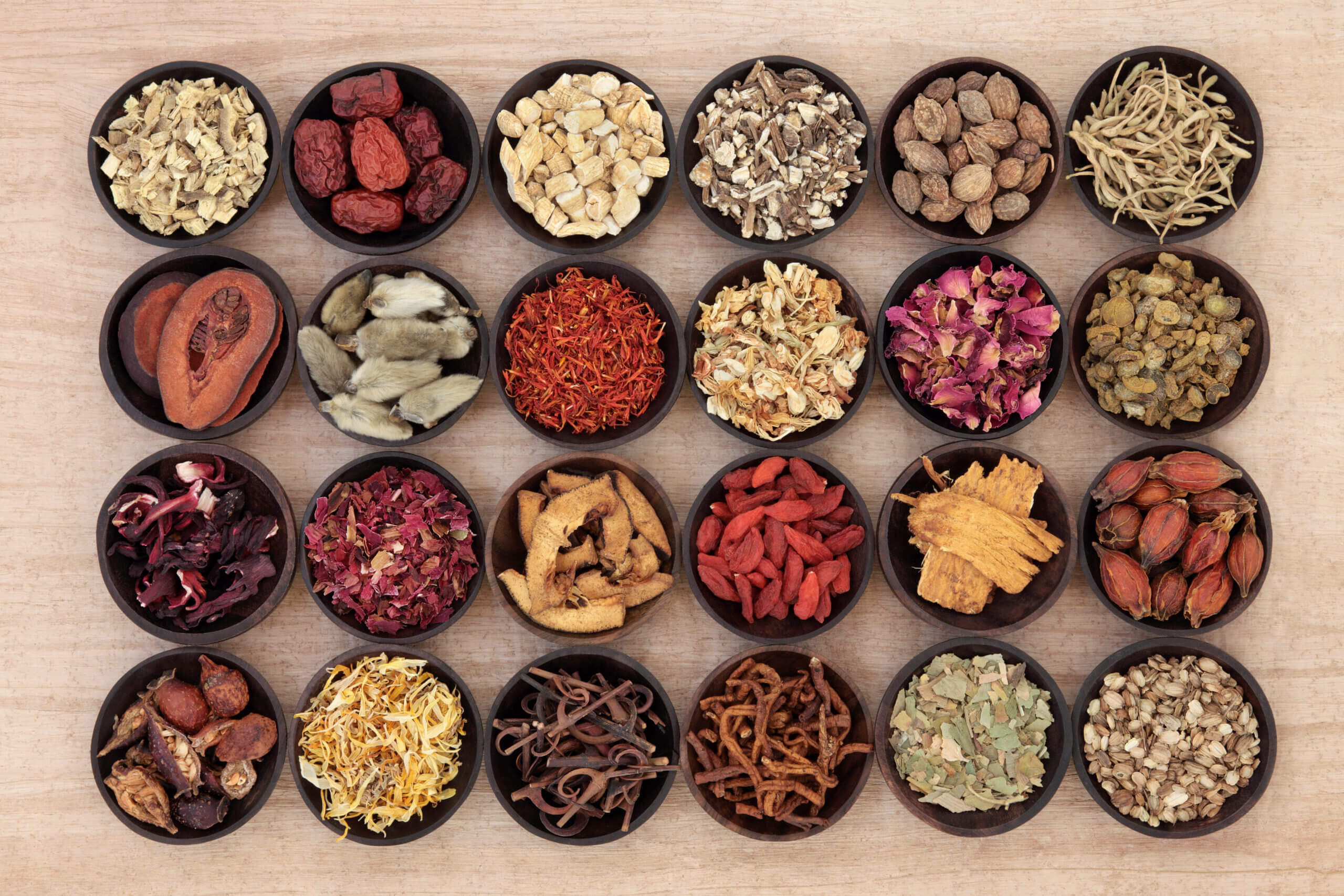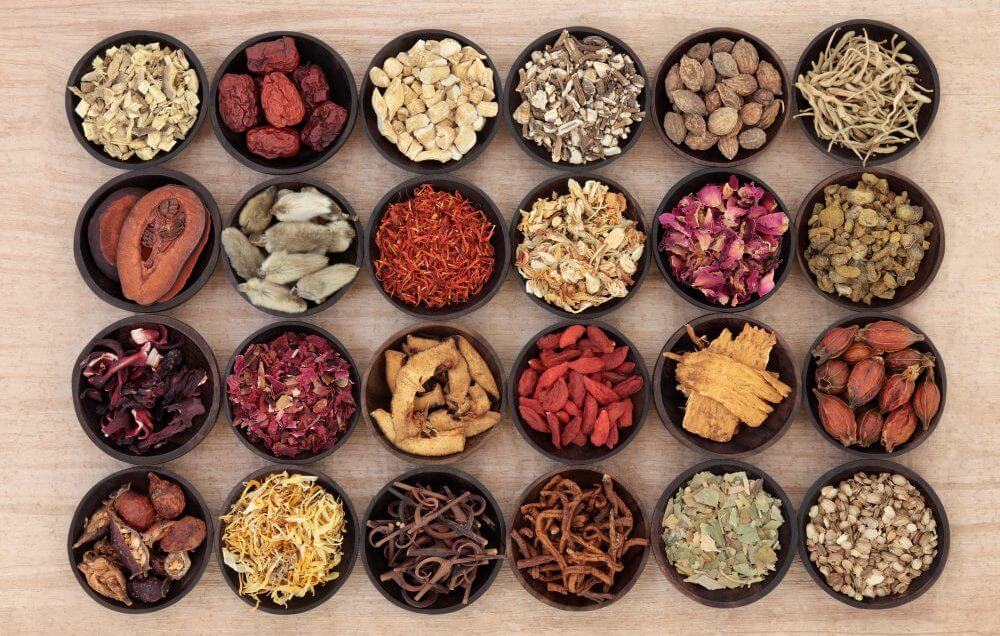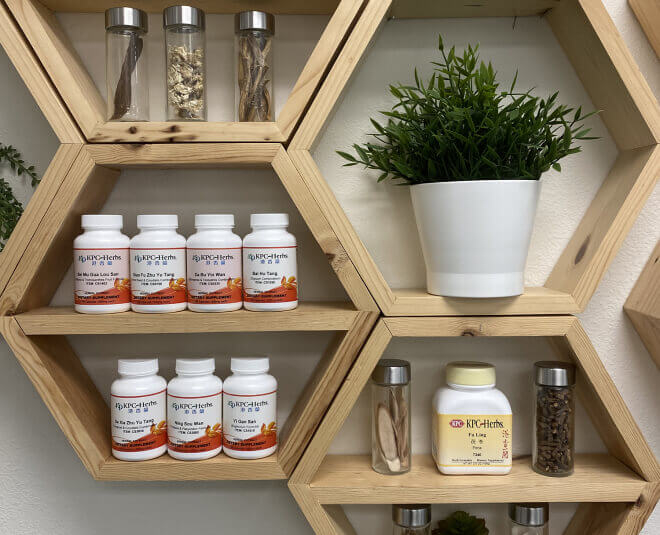 Traditional Chinese Medicine (TCM) is one of the oldest systems of health care in the world. For thousands of years, practitioners of TCM have taken a holistic approach to understanding and improving the function of the body. TCM is rooted in the idea that the human body contains a set of interconnected systems and energies that must be kept in harmony. If there are imbalances or blockages, health is adversely affected. This concept forms the foundation for all disease identification and management in TCM.
Traditional Chinese Medicine (TCM) is one of the oldest systems of health care in the world. For thousands of years, practitioners of TCM have taken a holistic approach to understanding and improving the function of the body. TCM is rooted in the idea that the human body contains a set of interconnected systems and energies that must be kept in harmony. If there are imbalances or blockages, health is adversely affected. This concept forms the foundation for all disease identification and management in TCM.
TCM practitioners utilize a number of different modalities that can restore internal balance. One of the most potent therapies is the use of herbal formulas. These natural remedies are believed to balance yin and yang within the body, promote the flow of qi, improve a range of health problems, and enhance overall well-being.
Experienced Chinese herbalists take a holistic and highly personalized approach to treatment. Formulas are often customized for the patient, taking into account his or her symptoms, lifestyle, body type, medication use, and other factors. There are also specific herbs and formulas that have been used in TCM for centuries and continue to be used by practitioners today.
Top Wellness Formulas in Traditional Chinese Medicine
Chinese herb formulas are composed of ingredients designed to function in combination with each other. Each herb has a particular role to play in helping the body achieve harmony. Below you’ll find information about some of the most well-known formulas in TCM and their traditional functions.
Chai Hu Gui Zhi Tang — Bupleurum & Cinnamon Combination
This formula is the most commonly applied to the conditions of both Taiyang stage conditions and Shaoyang stage. Chai Hu Gui Zhi Tang contains Gui Zhi Tang (Cinnamon Twig Decoction) to harmonize ying and wei and Xiao Chai Hu Tang (Minor Bupleurum Decoction) to harmonize interior and exterior.
Er Xian Tang — Curculigo & Epimedium Combination
Er Xian Tang, the Two Immortals Decoction, is a renowned formula that can nourish kidney yin, tonifies kidney yang, and drains kidney fire. This formula is believed to support a smooth menopausal transition by reducing menopause symptoms.
Gui Pi Tang — Ginseng & Longgan Combination
According to TCM, Gui Pi Tang can strengthen the spleen and heart. A weakened spleen cannot control the blood, which is thought to manifest as various bleeding disorders. TCM practitioners traditionally prescribe Gui Pi Tang to nourish the blood, heart, and spleen and to replenish qi.
Gui Zhi Tang — Cinnamon Combination
Gui Zhi Tang is the quintessential formula for regulating the ying qi and the wei qi. Classically, it is the most commonly applied to the conditions of exterior wind-cold or wind attack deficiency pattern of the Taiyang channel. Gui Zhi Tang is a versatile formula that can be modified for many needs.
Jia Wei Xiao Yao San — Bupleurum & Peony Formula
The herbs in Xiao Yao San are thought to invigorate stagnant liver qi, nourish the blood and support a regular menstrual cycle. Jia Wei Xiao Yao San builds on this foundation with Mu Dan Pi (peony tree bark) and Zhi Zi (gardenia fruit) to clear heat and cool the blood.
Liu Wei Di Huang Wan — Rehmannia Six Formula
Liu Wei Di Huang Wan, the Rehmannia Six Formula, is an ancient formula that may treat liver and kidney yin deficiency. Diminished yin may manifest as soreness and weakness in the lower back, dizziness, a hot feeling in the body, vertigo, headache or tinnitus, among other symptoms.
Sheng Mai Yin — Ginseng & Ophiopogon Formula
Sheng Mai Yin is an elegantly balanced formula used in TCM to generate fluids and benefit qi and yin. Ren shen (ginseng) is a powerful qi tonic. Mai men dong (ophiopogon) can nourish yin and moisten the lungs. Wu wei zi (schisandra) can reduce fluid depletion and may help to stop profuse sweating.
Xiang Sha Liu Jun Zi Tang — Vladimiria & Cardamon Combination
Xiang Sha Liu Jun Zi Tang blends the Six-Gentleman Decoction (Liu Jun Zi Tang) with mu xiang (aucklandia) and sha ren (cardamom). This combination is the most commonly applied to the conditions of qi deficiency of the spleen and stomach with damp-fluid retention.
Yu Ping Feng San — Astragalus & Siler Formula
The three ingredients of Yu Ping Feng San (huang qi, bai zhu, fang feng) supplement wei qi and stabilize the exterior. Practitioners may suggest this formula for patients who exhibit spontaneous sweating, aversions to cold and drafts, a pale complexion, and recurring colds.
Yin Qiao San — Lonicera & Forsythia Formula
Yin Qiao San is the most commonly applied on the condition that addresses early-stage wind-heat invasion. If taken upon the initial onset of symptoms, the cooling herbs of Yin Qiao San are believed to disperse exterior wind heat, clear interior heat, and resolve toxicity.
The Essential Role of the TCM Practitioner
Modern interest in TCM is a testament to the positive impact it has had on patients’ lives through the years. Today, TCM is sought out as a standalone treatment as well as a complementary therapy alongside Western medicine. With so many more treatment options available, the role of the properly trained TCM practitioner is more important than ever.
Individuals interested in exploring TCM must visit a licensed acupuncturist or TCM practitioner for a proper diagnosis before taking an herb or formula. This accomplishes two critical functions. First, it ensures the patient receives the appropriate prescription for their body and concerns. Second, it reduces the likelihood of adverse reactions with any current medications or health conditions. Only a licensed professional has the education and experience necessary to select the right herbs so a patient may enjoy the full benefits of treatment safely.
KPC Herbs: Bringing Tradition Into the 21st Century
TCM has a long history of passing traditions from generation to generation. The KPC family is proud to provide the industry’s highest quality herbs and share the knowledge of five generations with today’s practitioners. Whether you are a recent graduate or an experienced practitioner, our expert in-house herbalists are available to help with herb selection and answer your questions regarding compounding, dosage, contraindications, and storing your products. You may reach us online or at 949-398-8158. From all of us here at KPC Herbs, we wish you luck in your business and the very best of health.
________
*Please note: These statements have not been evaluated by the FDA. This article is not intended to suggest specific treatments for patients or that any supplements mentioned prevent or cure diseases or problems. Before taking any herbs, all patients should discuss their options with a licensed practitioner, including any other medications the patient is currently taking, as there may be contraindications between pharmaceuticals and herbs.

